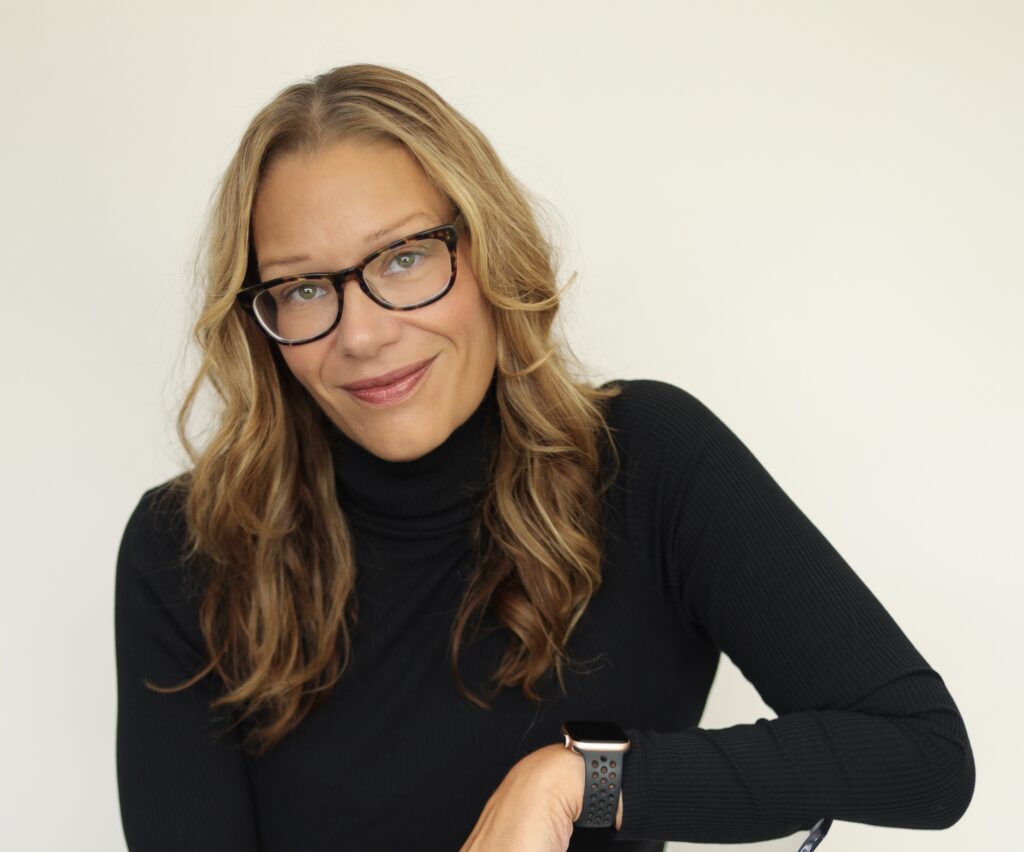Recognition of the Faculty of Health’s strategic plan and educational priorities for teaching excellence and innovative pedagogies are showcased in FLTE positions. The goals of this initiative are to:
- provide an arena for cultivating educational and pedagogical innovation and excellence in health-related disciplines
- further the application of innovative pedagogies in daily teaching practices
- recognize exceptional educators.
The FLTEs represent exceptional expertise and contribute innovation to Health’s teaching and learning community. They act as ambassadors of teaching excellence and scholarship by elevating our capacity to deliver high-quality learning experiences that meet the needs of today’s learners.
Guided by the needs of the Faculty, FLTEs develop resources and identify new directions that enhance learning and teaching excellence and the scholarship of teaching and learning. Areas of focus include experiential education, technology-enhanced learning, and decolonization, equity, diversity and inclusion (DEDI), as well as other priorities. They will work with faculty, staff, and students to promote engaged teaching.
The FLTE program began in 2023. Each year, one FLTE will be selected for up to a 3-year term, or renewed, according to the Faculty’s guidelines for the position. Meet the current Fellows and read about their projects below.
FLTE (2024): Call for applications coming late Fall 2023.
Inaugural FLTE 2023: Dr. Julie Conder

Dr. J. Conder, Associate Professor, Teaching Stream, Department of Psychology
Project Description: Increasing Equity for First-Generation Students in the Faculty of Health (FirstGen: SkillsHub)
This teaching-learning project aims to meet the identified needs of first-generation students through the creation and evaluation of learning and assessment tools.
